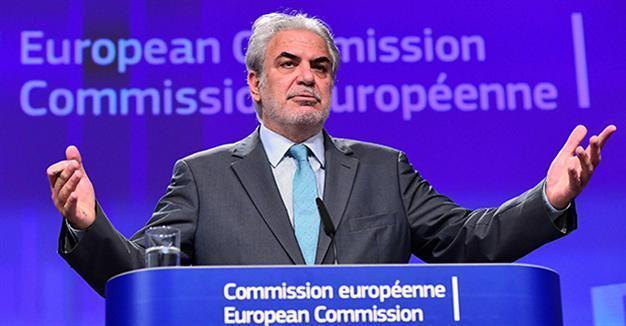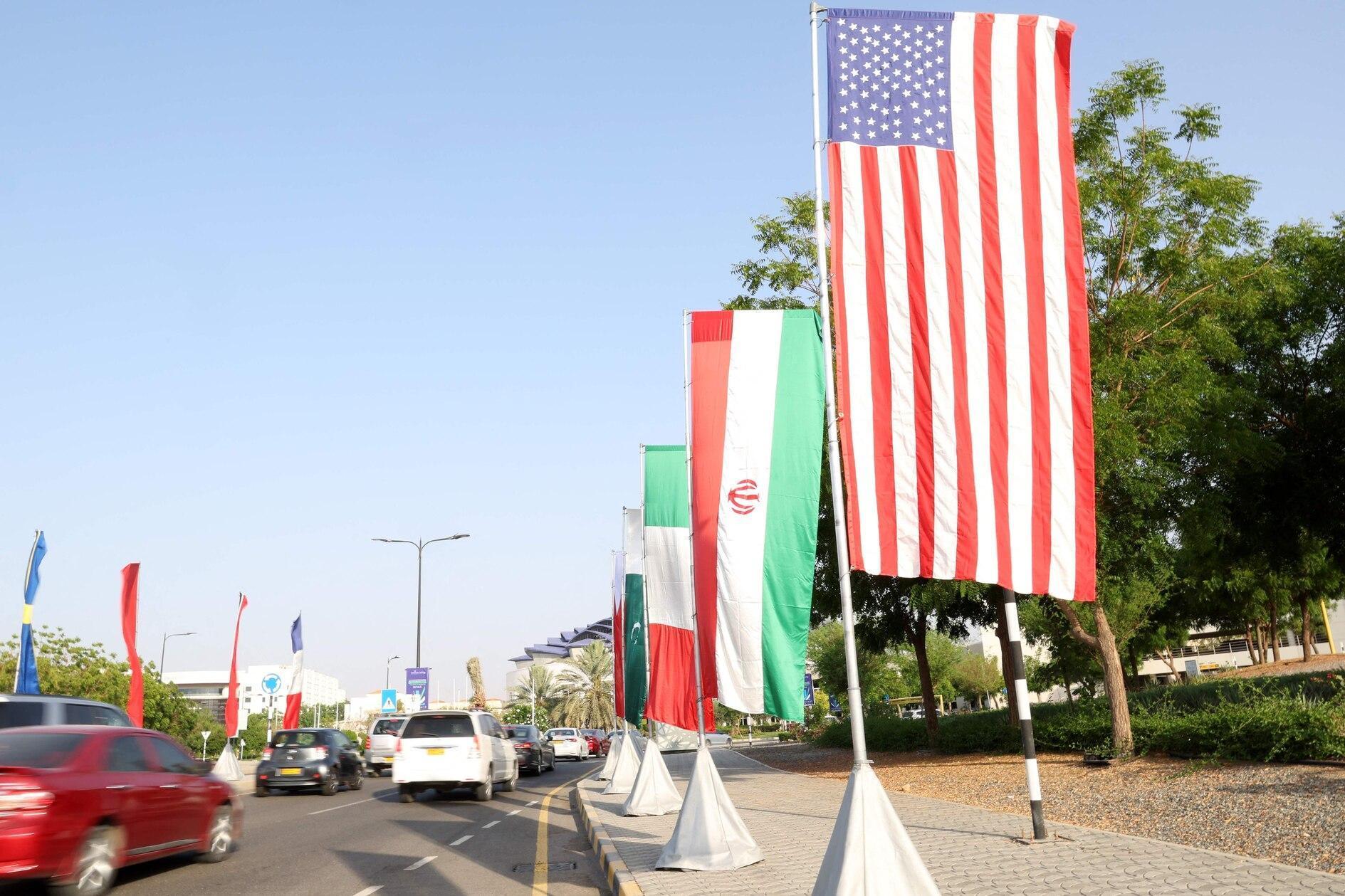EU to give debit cards to refugees in Turkey
BRUSSELS - Agence France-Presse

AFP photo
The European Union announced plans on Sept. 8 to distribute debit cards to refugees in Turkey to help them meet basic needs as part of a multi-billion euro aid deal with Ankara to curb migrant flows to Europe.Working with Turkish and UN officials, the EU said it will launch next month the program to distribute EU-funded debit cards that will help up to one million of Turkey’s nearly three million refugees, most of them Syrian.
“The refugees in need of humanitarian assistance will receive an electronic debit card,” EU Humanitarian Aid Commissioner Christos Stylianides told a press conference in Brussels to announce the plan.
“They will get monthly cash transfers to the card. And of course they will be able to buy what they need to put bread on the table for their families, to provide a roof for their families, to send their children to school instead of being forced to send them to work,” he said.
Stylianides did not give details of how much each card would be worth.
He said the 348-million-euro-backed ($384 million) plan is aimed at “the most vulnerable” and was more dignified than offering food hand-outs and will also boost the economy of Turkish communities where the refugees live. The humanitarian scheme, the commissioner said, was developed with the UN World Food Program (WFP) as well as Turkish ministers and the Turkish Red Crescent.
Nearly four years ago, the WFP and the Red Crescent launched an experimental project in which thousands of refugees began receiving cards charged with aid credits rather than boxes of basic supplies.
The EU and Turkey have boosted cooperation since they struck a deal in March to curb the influx of migrants that has plunged Europe into its biggest refugee crisis since the end of World War II.
For its cooperation to stem the flow of migrants to Greece, Turkey won an acceleration of its long-stalled bid for EU membership, another three billion euros ($3.4 billion) in aid and visa-free travel for its nationals to Europe.
Concerns that the deal could collapse have grown as both sides argue whether the other is properly implementing it and as Ankara rejects heavy criticism from Brussels over its crackdown following a failed coup on July 15.
















